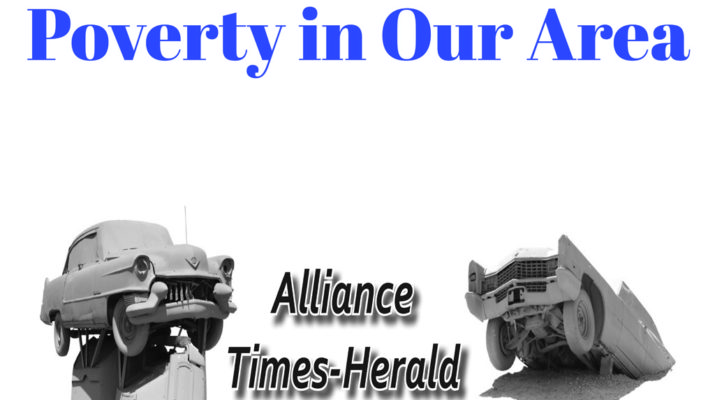In our Bridges Out of Poverty classes, we have learned that each economic class has its own set of skills and knowledge. Most people believe they are in the middle class, even if they are on welfare or if they are wealthy.
What do we mean by skills and knowledge? The Bridges Out of Poverty book has checklists for each class. Read the following lists and think about which things you know.
Poverty: how to tell stories, how to trade and barter, where the thrift stores are, when they have “bag day”, when churches have rummage sales, how to physically fight, how to live without a checking account, how to live without electricity, how to use a knife as multiple tools, problems to look for in a used car, how to get by without a car, how to get a gun, how to bail someone out of jail, how to move in half a day, how to use EBT (food stamp) cards, where to get free medical care, what to do when there isn’t enough money to pay bills.
Middle Class: how to set up checking and savings accounts, how to use a credit or debit card, how to understand different kinds of insurance and which to buy, the difference between principal, interest and escrow in a house payment, how to order and eat in a nice restaurant, how to set a table properly and use table manners, which clothing brands to buy, how to use tools and when to hire someone for repairs, how to decorate for different holidays, how to help children with homework, how to get kids into sports, music lessons, or summer camps.
Wealth: how to read corporate financial statements, how to invest, why to regularly visit a financial advisor and attorney, how to connect with legislators and members of Congress, how to set up two or three screens to keep people away, how to ensure confidentiality from domestic staff, how to host parties that key people attend. Wealthy people have at least two homes that are staffed, fly in their own or the company plane, have favorite restaurants in different countries and can order in at least three languages, hire people to design and decorate for holidays, serve on corporate or charitable boards, and have their children attend elite private schools and colleges.
There is no difference in intelligence among members of the different economic classes. People have different approaches to life because of the hidden rules and attitudes they were raised with.
Most Americans are in the middle class and our schools and agencies function with middle class rules; we assume everyone knows the same things we do. One of the lessons of Bridges Out of Poverty is that we should not devalue the skills of those in poverty, but we should do a better job of teaching the middle-class skills they might need.
On June 9, the Alliance Poverty Task Force will host a Bridges Out of Poverty program, the Community Lens. We will look at how the economic insecurity of low-wage workers and the middle class is causing damage, and how to make our community more sustainable. Our goal is to improve the lives of low-wage workers and those in poverty, to make Box Butte County an area where everyone can do well.

